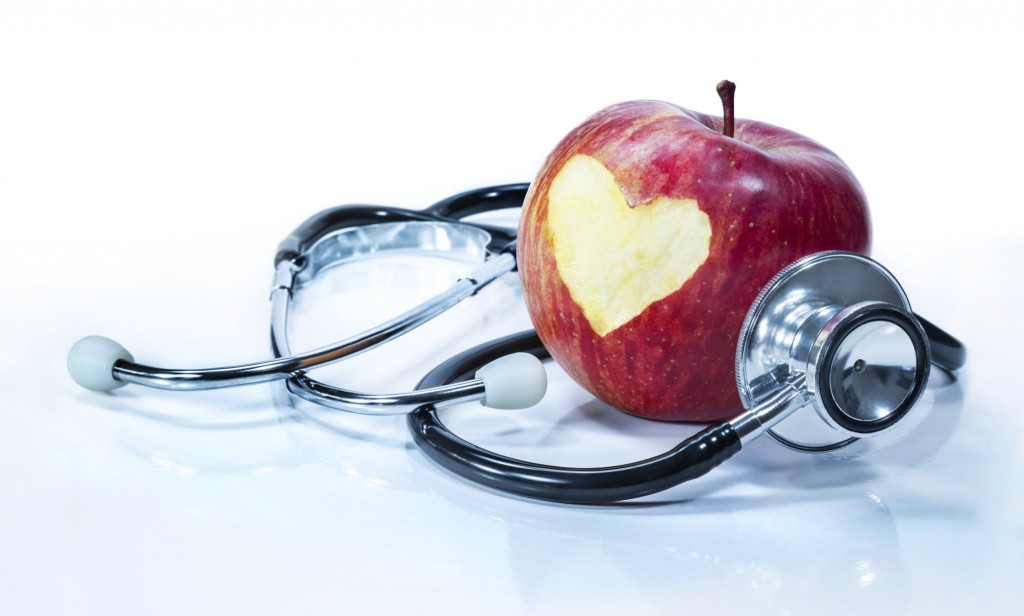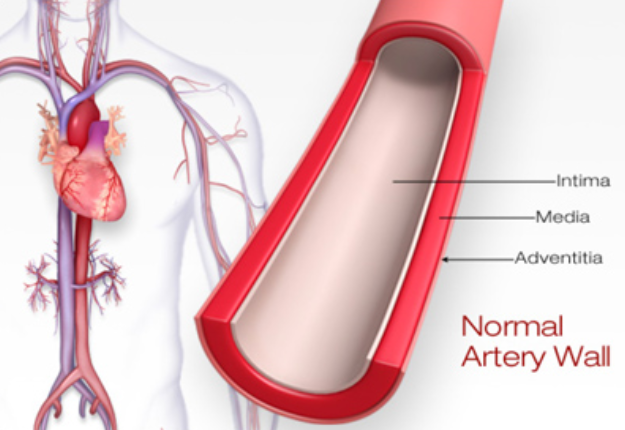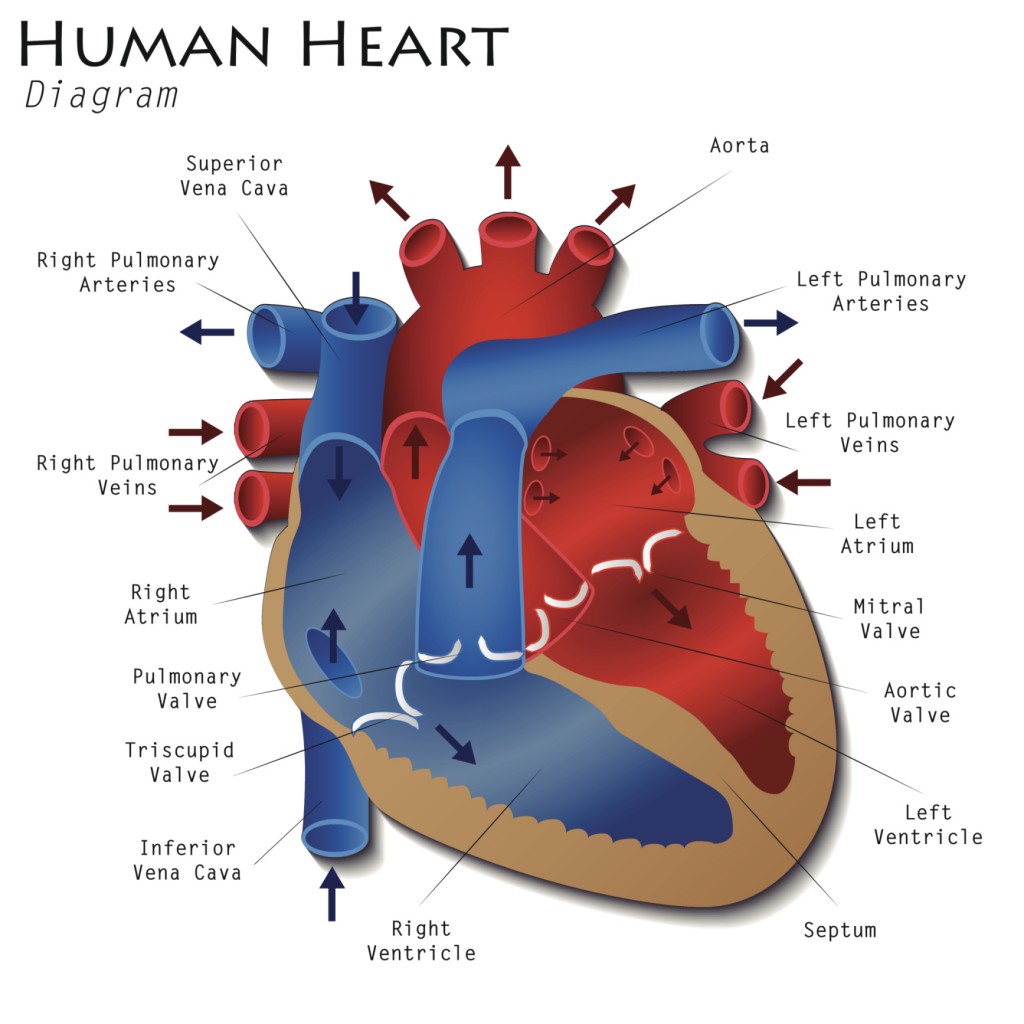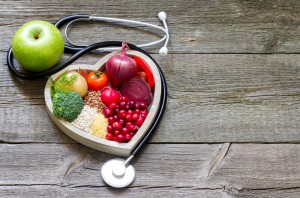
Some people love a bit of PDA with someone they love. But there is one form of PDA that no one wants to experience. Patent Ductus Arteriosus, more commonly referred to as PDA, is a condition where the heart’s ductus arteriosus doesn’t close, leaving an unclosed hole in the aorta. The ductus arteriosus is a vessel that’s an essential part of fetal blood circulation and is connected to the major arteries – the aorta and pulmonary artery.
When a baby is born, their blood must get oxygen from their lungs and the patent arteriosus is supposed to close within the first few hours or days. If the patent arteriosus remains open, the blood can skip a necessary step of circulation and allow oxygen-rich blood from aorta to mix with the oxygen-poor blood from the pulmonary artery, causing strain to your heart and increased blood pressure in the lung arteries.
If the PDA is small, it won’t cause many symptoms or problems beyond a distinctive type of heart murmur. If the PDA is large or moderate, you may become breathless more easily due to reduced heart function and high pressures in your lungs. High pressure can occur in your lung vessels because more blood is being pumped there than normal. Over time PDA can cause permanent damage to your lung blood vessels.
Normally the heart’s right side only pumps blood into the lungs and the left side pumps blood to the body. If you have PDA, extra blood is circulated and extra blood get pumped from the body (aorta) artery into the lung (pulmonary) arteries. This extra blood being pumped into the pulmonary arteries makes the lungs and heart work harder, eventually becoming congested.
If you would like more information on PDA, contact Dr. Gordon C. Gunn MD at 714-912-2211 or visit www.gordongunnmd.com to schedule an appointment today.
Dr. Gunn proudly serves Fullerton and all surrounding areas.






